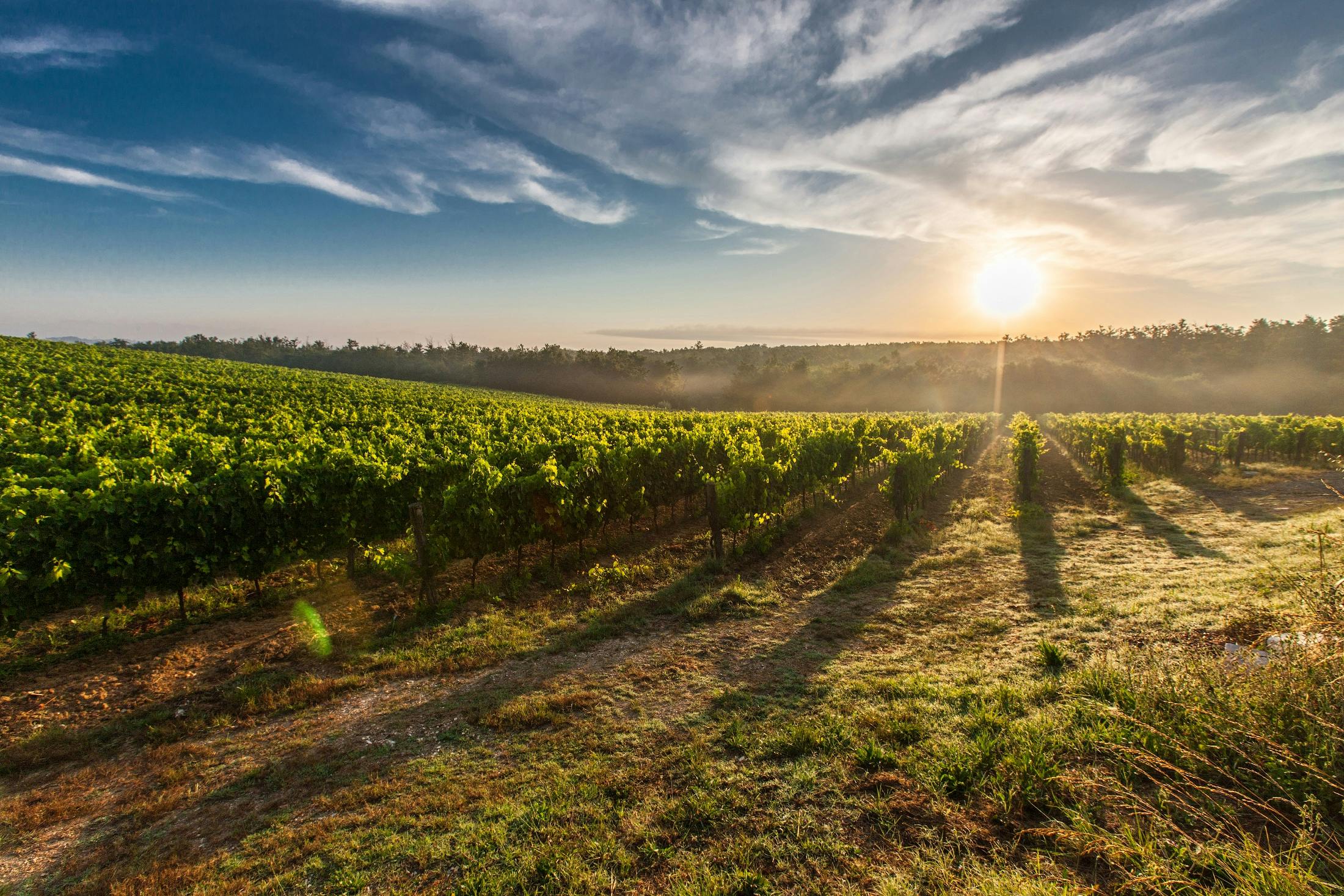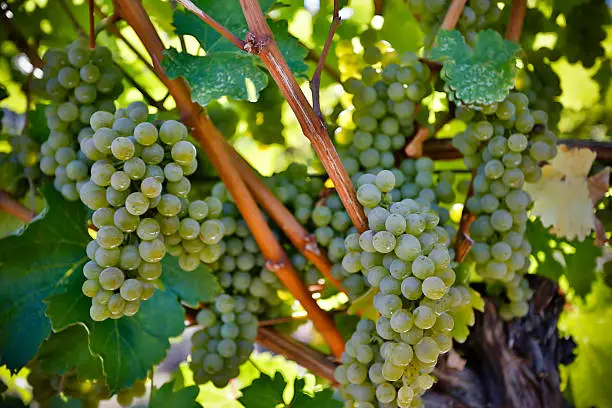The Bordeaux climate is influenced by its proximity to the Atlantic Ocean, creating a temperate maritime climate. This unique climate ensures a long growing season and a moderate temperature range, allowing the grapes to ripen slowly and develop complex flavours. The climate factors that typically influence wine production include:
- Soil type
- Temperature of the soil
- Access to water
- Exposure to sunlight throughout the year
- Minerals and nutrients in the environment
An interesting aspect of Bordeaux’s climate is the impact of the Gironde estuary and its tributaries. These water bodies act as natural heat sinks, absorbing heat during the day and releasing it at night. This phenomenon, known as the “thermal flywheel,” contributes to the overall balance and structure of Bordeaux wines. It helps to regulate the temperature, preventing extreme fluctuations that could negatively impact grape development.
Furthermore, the proximity to water bodies also influences the humidity levels in Bordeaux. The combination of the Atlantic Ocean’s influence and the estuary’s presence creates a slightly humid environment, which can be beneficial in preventing excessive water stress on the vines during dry periods.
However, the climate of Bordeaux is not without its challenges. The region experiences a phenomenon called “millerandage,” where the grape bunches have both large and small berries due to uneven flowering. This can affect the overall quality and yield of the grapes, requiring careful vineyard management and selection during harvest.
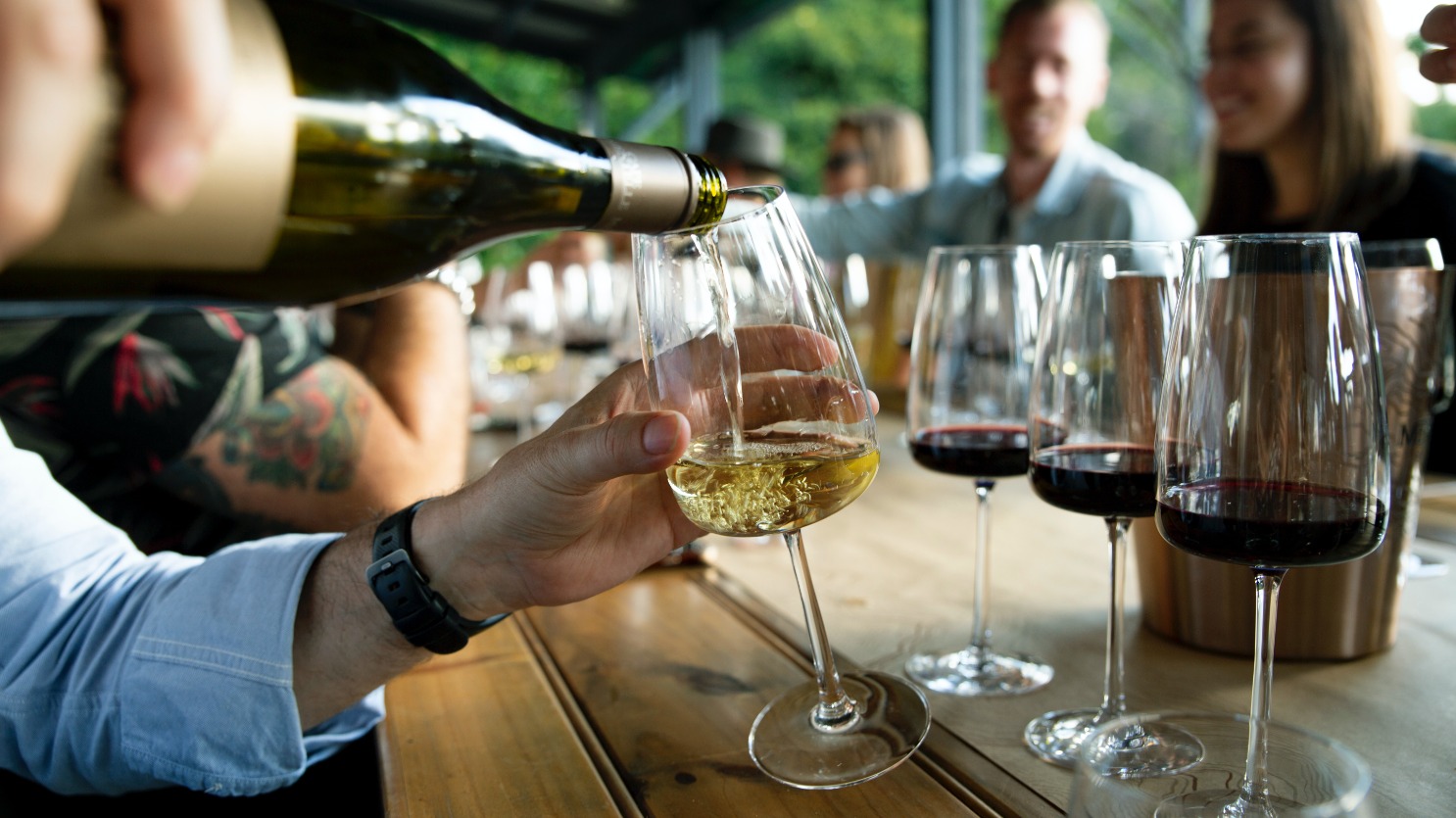 Fine Branded Corporate Gifts
Fine Branded Corporate Gifts 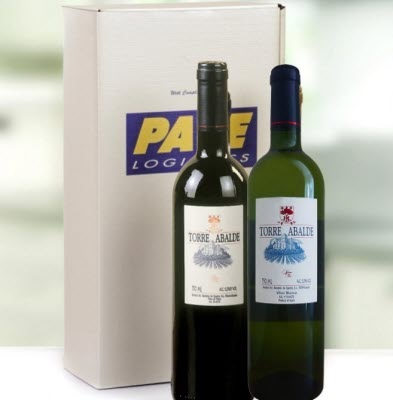 Card Wine Boxes
Card Wine Boxes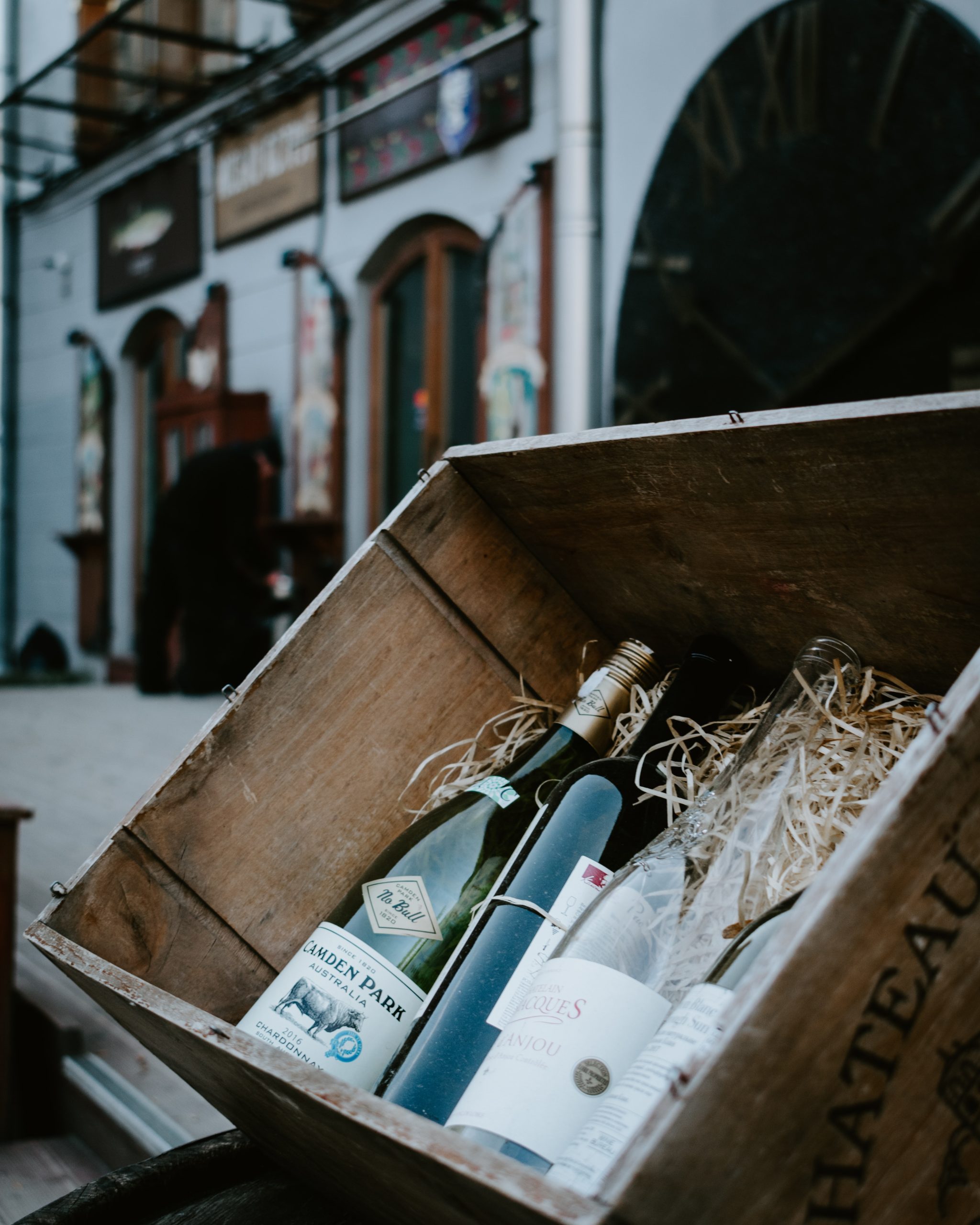 Wooden Wine Boxes
Wooden Wine Boxes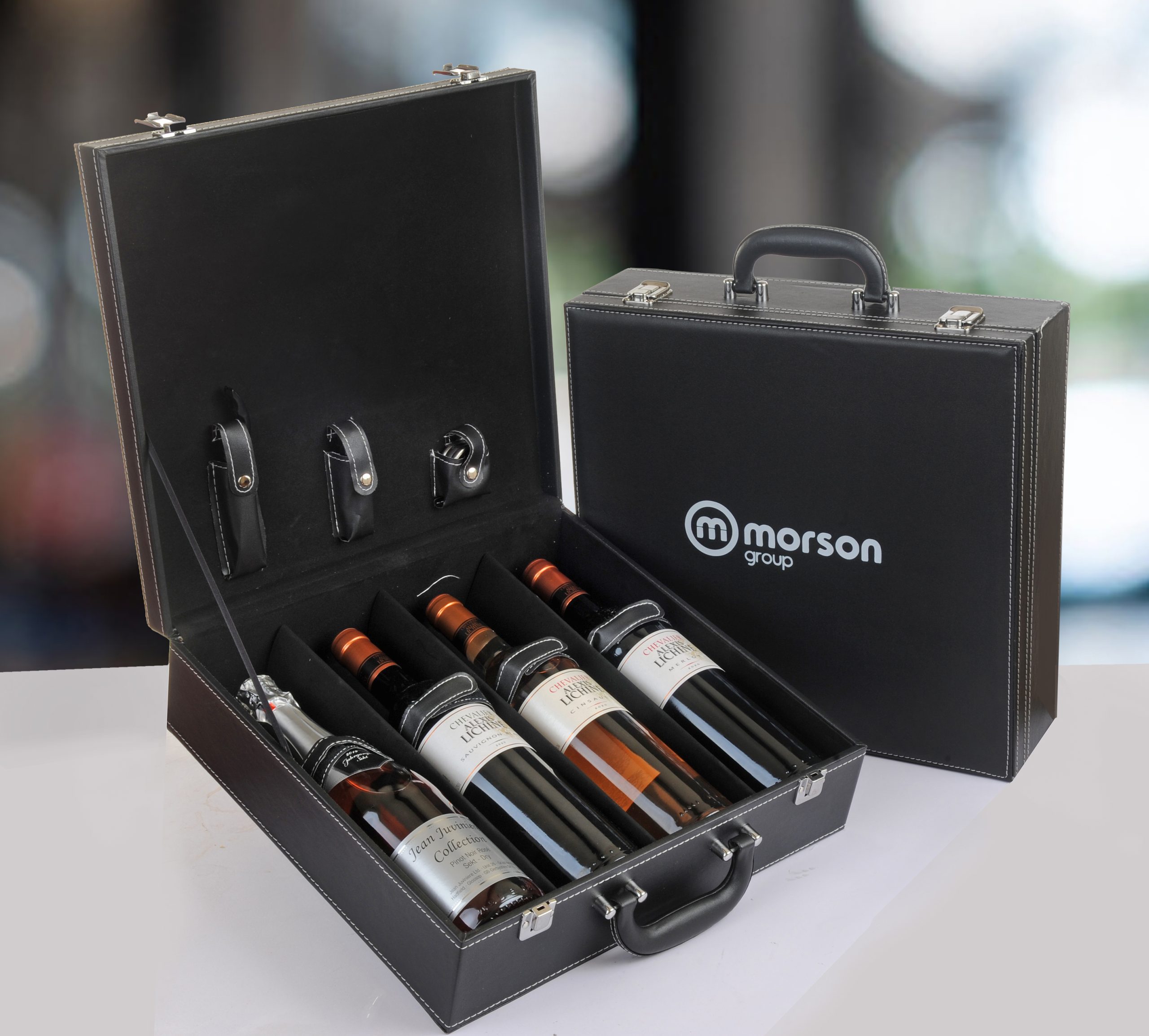 Leather Wine Boxes
Leather Wine Boxes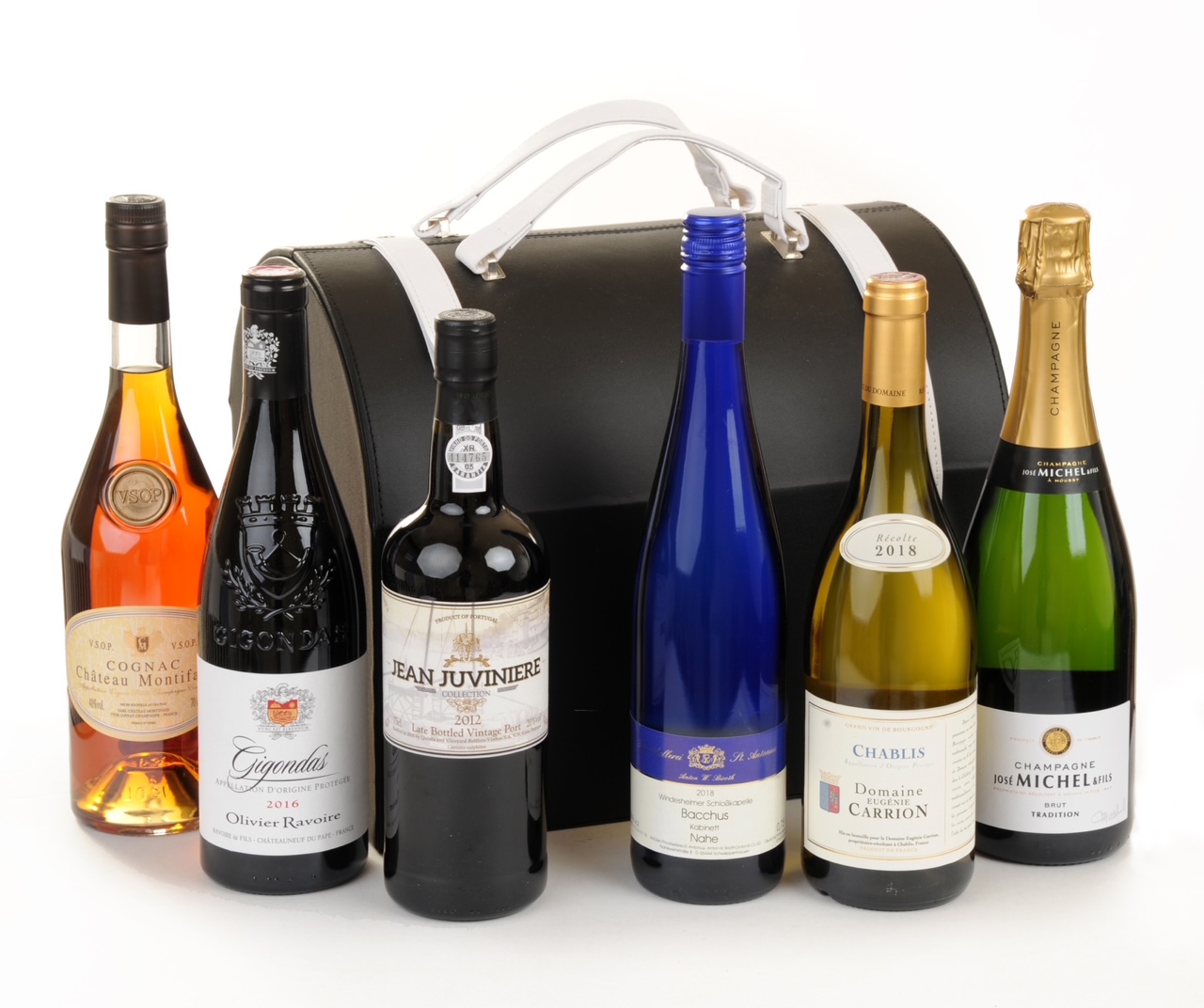 Wine Hamper
Wine Hamper Champagne Gifts
Champagne Gifts All Wine
All Wine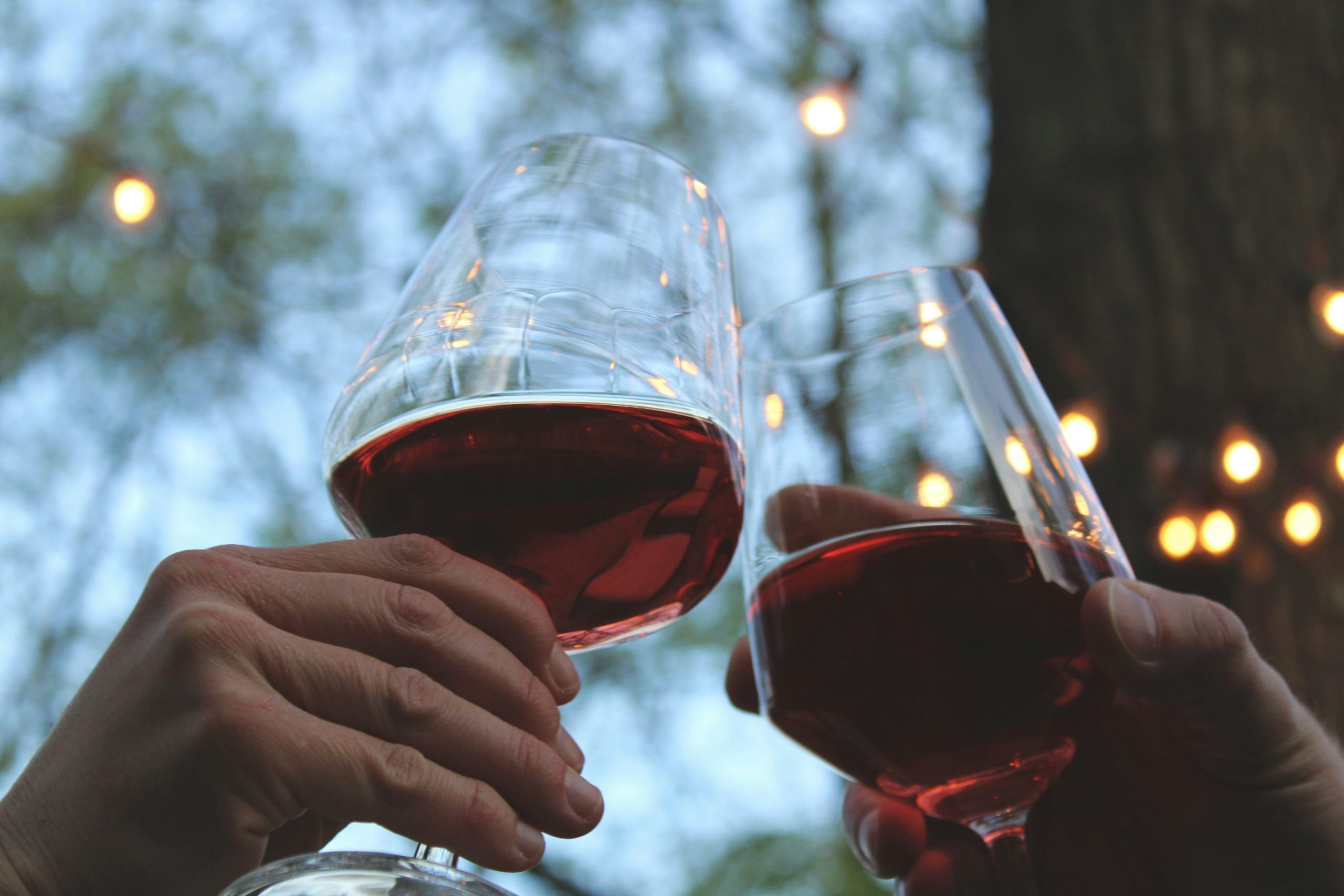 Red Wine
Red Wine White Wine
White Wine Rose Wine
Rose Wine Sparkling Wine
Sparkling Wine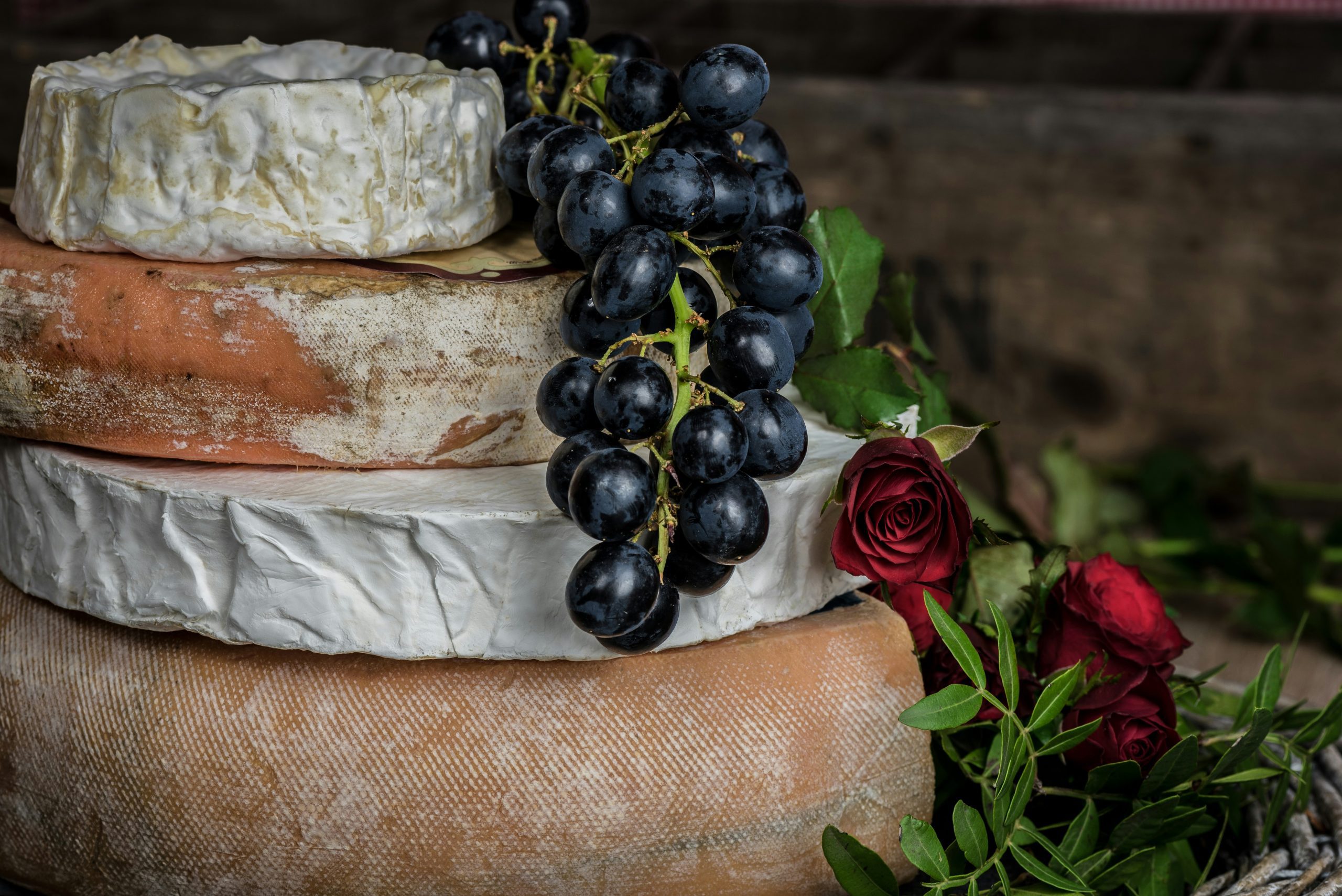 France
France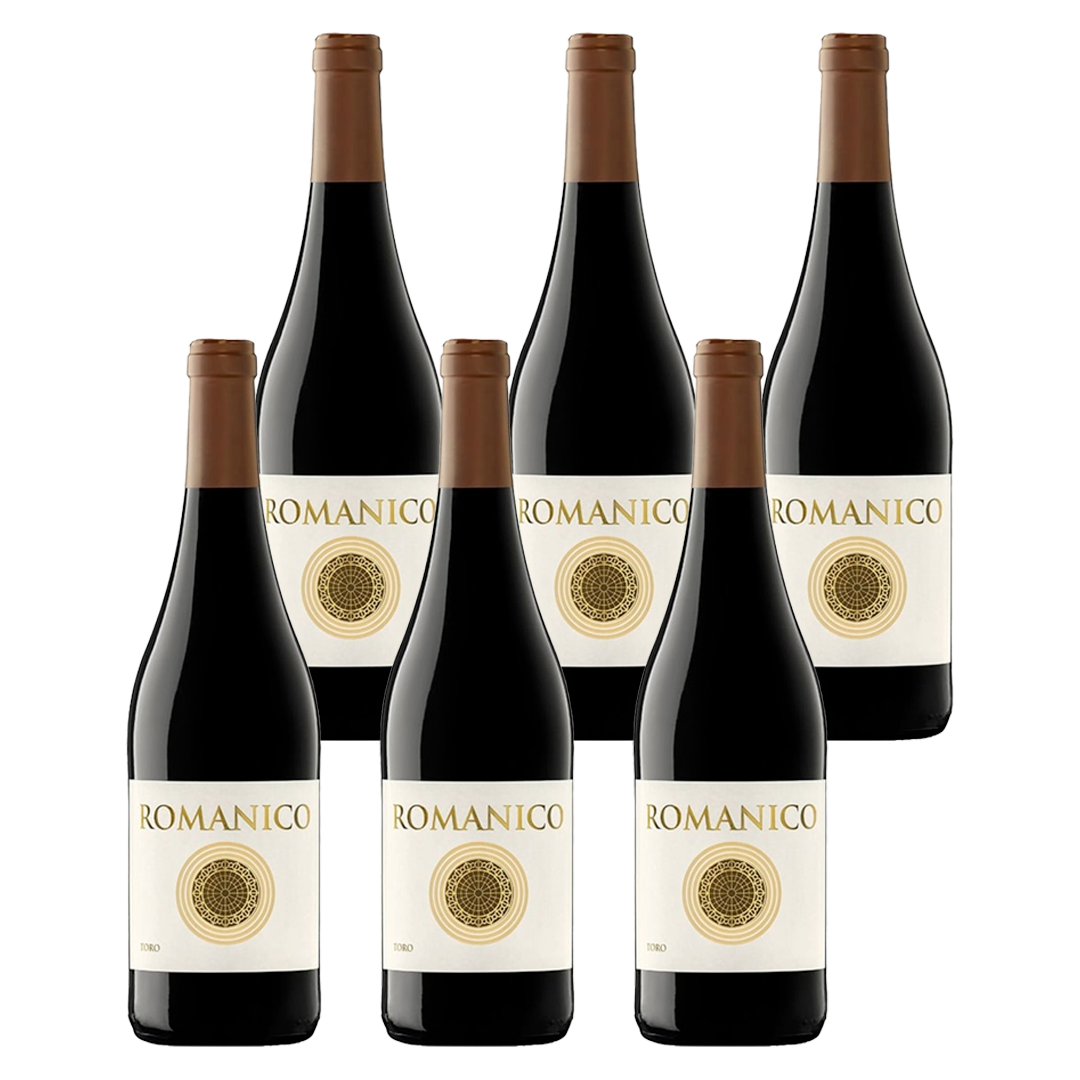 Spain
Spain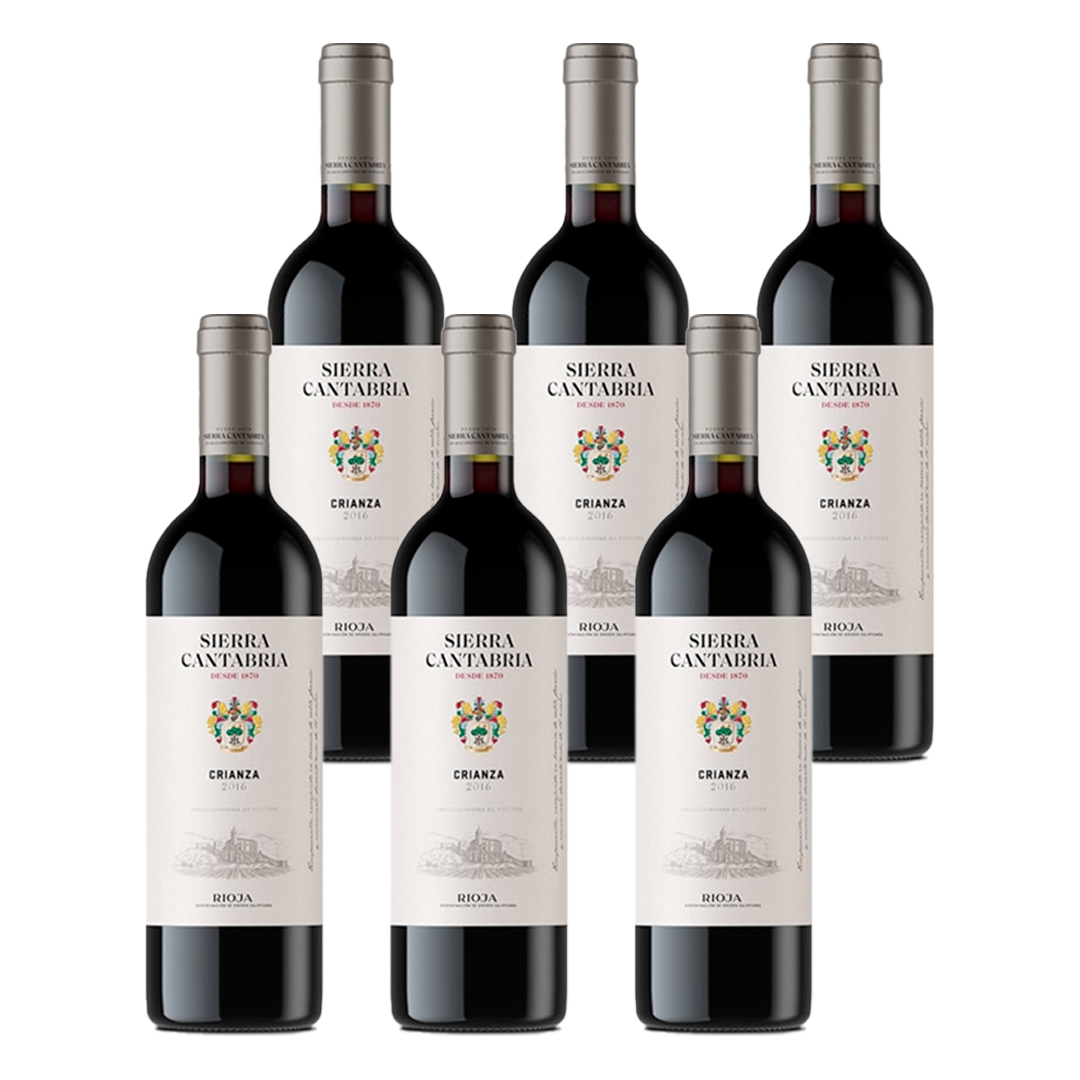 Rioja
Rioja Veneto
Veneto Business Anniversary Wine Gift
Business Anniversary Wine Gift Christmas Wine Gifts
Christmas Wine Gifts Corporate Wine Tasting
Corporate Wine Tasting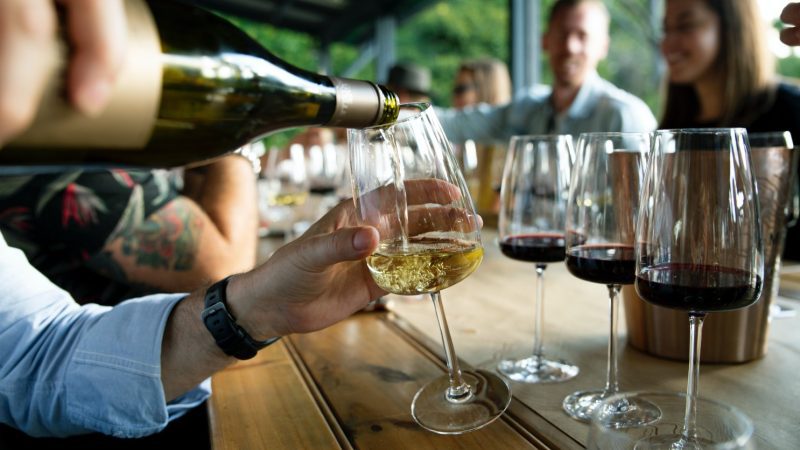 Company Events
Company Events